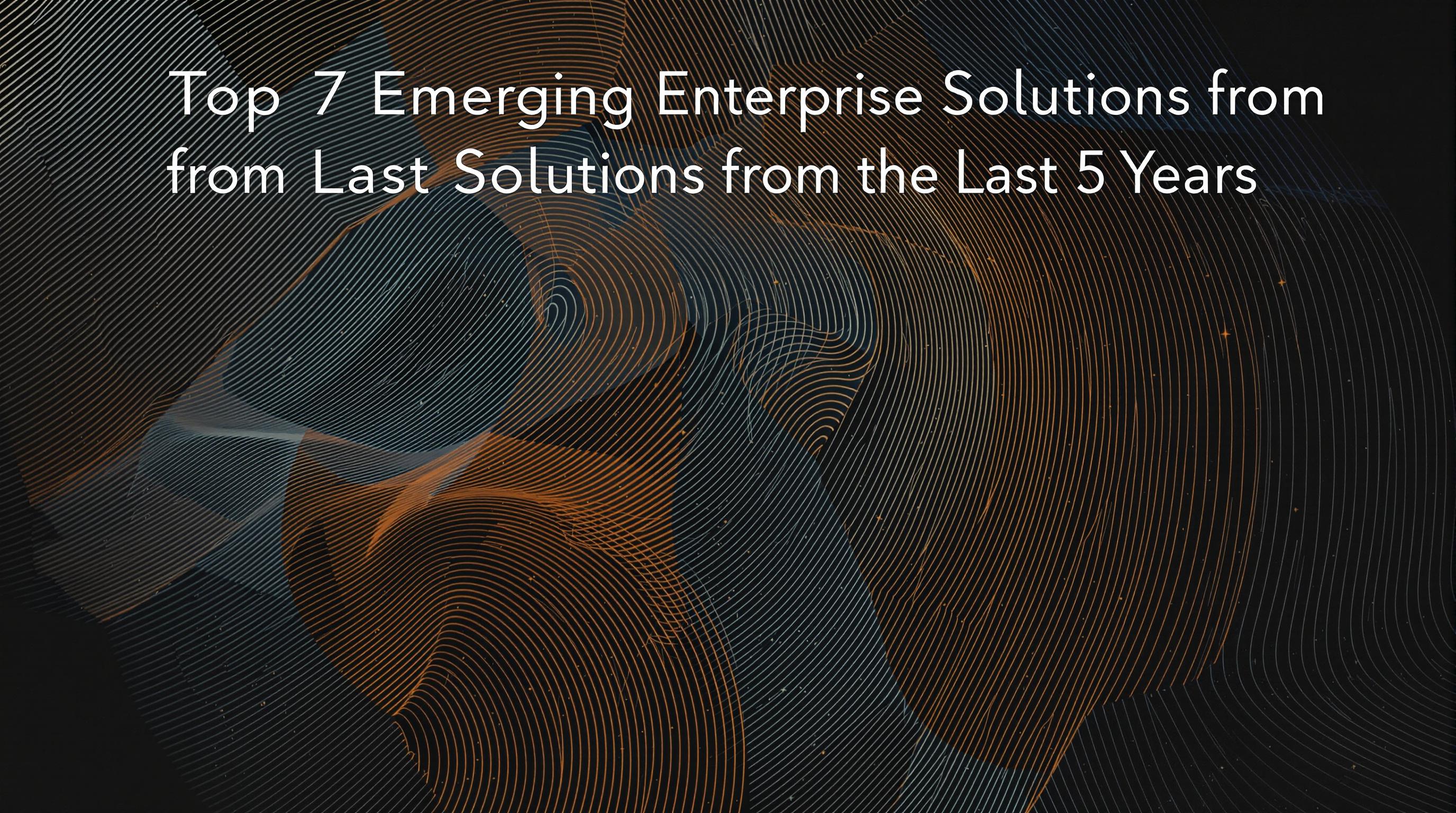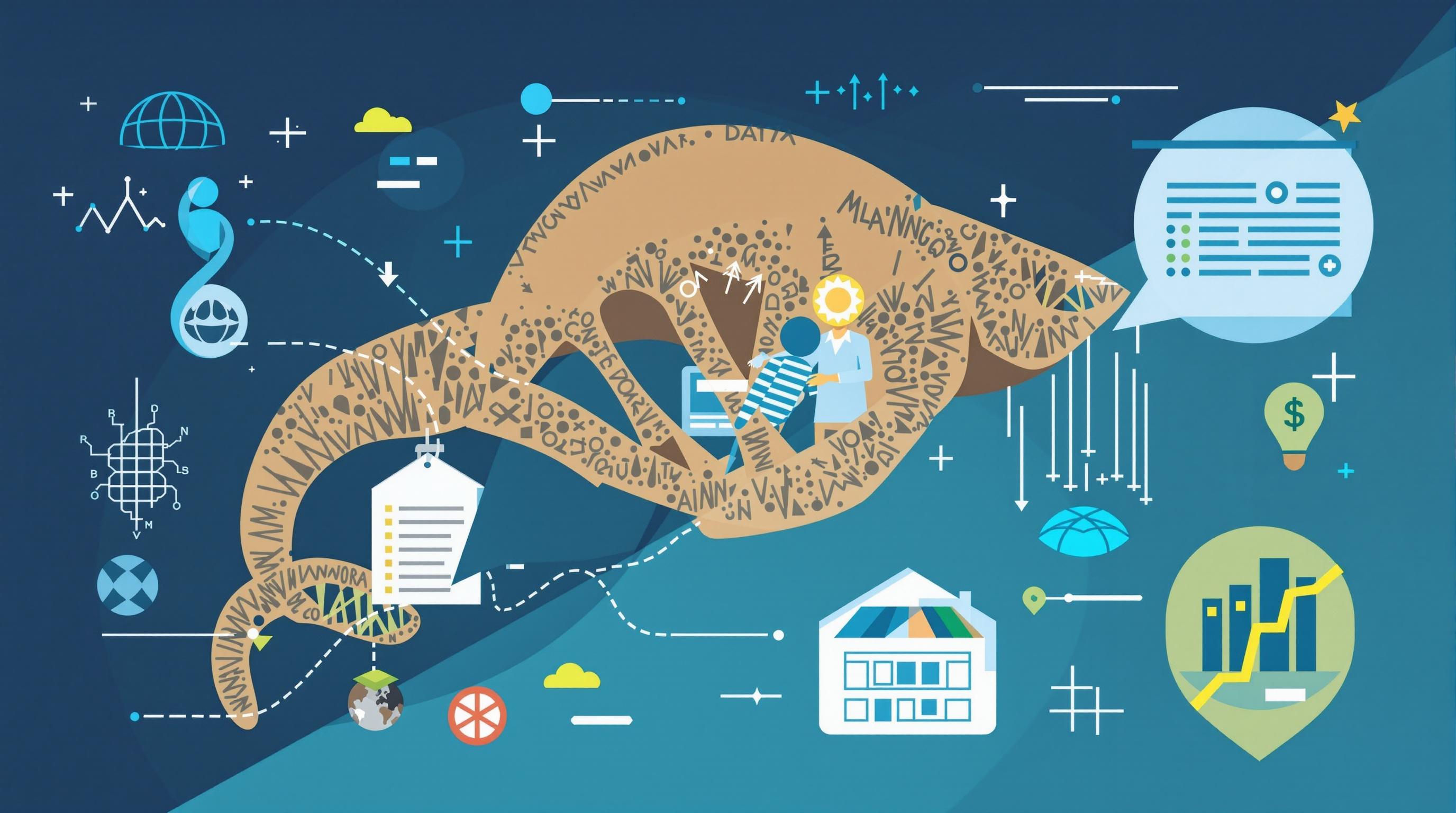Featured Articles
- "Conversational AI: The New Frontier in Workplace Culture or Just Another Buzzword?"
- Exploring Bioinformatics in Corporate Strategy: The Hidden Link Between Genetic Data and Market Innovation
- Navigating the Shadows: The Rise of Dark Patterns in Business Technology and User Experience
- The Quirky Rise of 'Techno-Optimism': How Businesses Embrace AI Dystopia for Profit
- The Untapped Potential of Mythical Creatures in Business Tech: Surreal Strategies for Modern Enterprises
When AI Meets Ethics: Navigating the Controversial Borders of Business Technology and Morality
When AI Meets Ethics: Navigating the Controversial Borders of Business Technology and Morality
As artificial intelligence (AI) continues to evolve and permeate various sectors, the intersection of ethics and technology grows ever more complex. This exploration delves into the ethical dilemmas posed by AI in business, examining real-world examples, case studies, and philosophical perspectives, all while considering the implications for society at large.
The Genesis of AI Technology
Imagine back in 1956, the year when the term "artificial intelligence" was first coined during the Dartmouth Conference. Since then, we've seen monumental advancements, transforming the way businesses operate, communicate, and engage with consumers. From automated customer service chatbots to data-driven decision-making, AI is entrenched in the modern business landscape. Statistics indicate that by 2025, the global AI market is projected to be worth over $190 billion, showcasing the unwavering momentum of technology’s expansion (Statista).
AI and the Corporate Ethics Dilemma
Here's the thing—while technology marches forward, ethical considerations can lag behind. For example, a major retail chain recently faced backlash after implementing an AI-driven surveillance system to monitor employee productivity. Workers reported feeling dehumanized and watched, creating a hostile work environment. While the aim was to improve efficiency, the ethical implications of constant surveillance sparked heated discussions about corporate responsibility and employee rights.
Real-World Controversies: Case Studies
Consider the controversial case of Google's Project Maven, where the tech giant collaborated with the Pentagon to develop AI technology for drone warfare. Many Google employees were outraged, signing a petition against the project and arguing that it contradicted the company's foundational principles of not building technology for harm. This illustrates a fundamental conflict between technological advancement and ethical boundaries in business practices.
The Ethical Algorithm: An Oxymoron?
How can we program ethics into algorithms? This isn't just a philosophical question; it's a pressing concern for developers and companies alike. With AI systems making decisions that can significantly impact human lives—from hiring practices to criminal justice—navigating the moral landscape becomes essential. The case of the Amazon hiring algorithm, which showed bias against female candidates, highlights the dangers of unexamined data sets and the toxic problem of "source bias." As statistical feedback loops strengthen biases, we must ask, whose ethics are being programmed? (Dastin, 2018)
A Conversational Approach: AI in Daily Life
Let’s switch gears! Picture this: You're chatting with a virtual assistant about your weekend plans. It’s friendly, informative, and perhaps a bit too eager to help. Sounds cool, right? However, consider how much data the assistant is collecting about your preferences, habits, and even your social life. Suddenly, your harmless interaction raises ethical questions about privacy and data ownership. Are we trading our personal information for convenience?
The Balancing Act: Navigating Business Technology and Morality
In an age where businesses must balance profitability with ethical responsibility, the question arises: How can companies ensure they adhere to ethical practices in their use of AI? The key may lie in transparency. Organizations that openly communicate their AI practices and how data is used can foster trust with consumers and employees alike.
What Would Kant Say? A Philosophical Examination
If we apply Immanuel Kant’s ethical theory of the categorical imperative, we find a guiding principle: act only according to that maxim whereby you can, at the same time, will that it should become a universal law. In essence, if AI makes decisions that could be deemed unjust or biased, we must reconsider the foundations of those AI systems. This approach encourages developers and companies to think about the broader implications of their choices.
The Role of Regulation: Government's Involvement
As businesses embrace AI, the question of regulation often pops up. The European Union has taken significant steps, proposing regulations that require AI systems to meet ethical standards. For instance, the EU’s AI Act aims to categorize AI applications based on risk levels, mandating transparency for high-risk AI systems. Such regulation could prove invaluable in safeguarding consumer rights and promoting ethical AI use (European Commission, 2021).
Humor in Technology: AI's Quirky Side
Now, let’s lighten the mood! Have you heard about the AI that decided it wanted to start a band? It quickly generated pop hits that were catchy but baffled the music industry. Lyrics like “Quantify my love, let’s optimize and rise” left listeners scratching their heads. While AI-generated content is fascinating, it also proves that we shouldn’t take everything we see from AI at face value. Sometimes, the robots really are just here for a laugh!
Education: Preparing Future Generations
The conversation around ethics in AI also needs to begin at an educational level. Schools and universities should incorporate ethical AI discussions into their curriculums, equipping students not just with technical skills but also with a moral compass. Imagine a new generation of tech developers approaching AI with a strong ethical foundation. We have the chance to encourage insightful debates and cultivate thinkers who prioritize morality alongside technological advancement.
The Data Dilemma: Who Owns Your Information?
As we dance through the complexities of AI, consider this: Who owns your data? In a world where personal information is often the currency, citing a survey, 79% of respondents expressed concerns over their privacy when interacting with AI systems (Pew Research Center, 2020). Shouldn't users have more control over their own data? The concept of data ownership is central to the evolving conversation about AI ethics. Empowering users with knowledge about their data rights could shift the power dynamic significantly.
Conclusion: The Road Ahead
The integration of AI in business is undeniable and unstoppable. However, as we continue to innovate, the ethical implications must be front and center in our discussions and practices. By prioritizing ethical considerations, transparency, and fostering an informed public, we can navigate the intricate balance of AI, technology, and morality. It’s time for companies to step up, engage in meaningful dialogues, and adopt practices that resonate with our evolving ethical landscape. The future is not just about what AI can do but about what it should do—a pivotal question that will shape our ethical framework in business technology.




